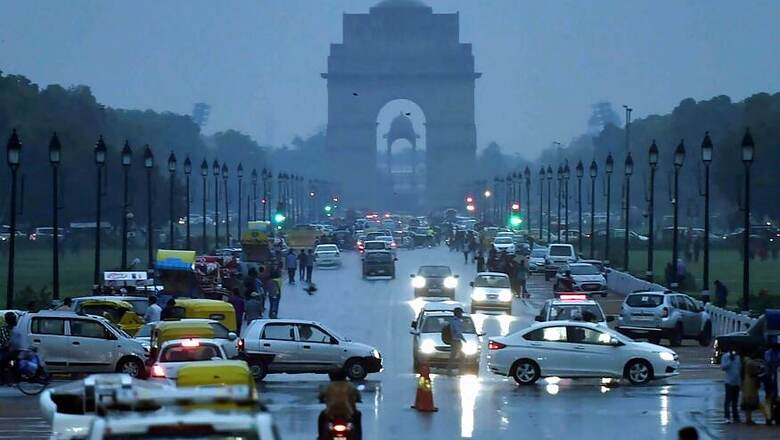
views
New Delhi: Delhi government on Friday approved formation of 2,972 Mohalla Sabhas across the 70 Assembly constituencies in its bid to empower people and encourage participation in governance at the local level.
A senior government official said development work worth Rs 350 crore under the citizen local area development (C-LAD) will be decided through these sabhas.
The entire city has been mapped in different mohallas which have been determined by factoring in the demographic and socio-economic profile of neighbourhoods across the capital.
The decision was taken at a meeting of Cabinet chaired by Chief Minister Arvind Kejriwal, wherein nod was also granted to appoint two coordinators for each mohalla sabha, one man and one woman from the residents of their area.
The coordinators will organise and facilitate monthly mohalla sabha meetings. With Cabinet having approved the scheme, the revenue department will soon notify them paving way for holding the sabhas.
The official said besides choosing development projects, mohalla sabhas will coordinate with different government agencies for the execution of developmental work, identify and facilitate beneficiaries for different social sector schemes such as old age pension, and address local grievances with the help of local officers.
Another official said that GIS mapping of each mohalla was done by a dedicated team of experts using satellite maps and data was collected during the ground survey through a Google-enabled android application to ensure precision in delimitation.
As per a rough estimate, each Assembly segment has been divided into 40 mohallas, with number of voters ranging from 3,000-6,000. Some big Assembly constituencies like Matiala will have about 70 sabhas.
Government had in 2015 held sabhas in 11 Assembly constituencies for preparing a "participatory budget" in which the residents were asked to decide which development projects should be taken up in their localities.
Mohalla clinics, dispensaries, schools among other institutions will be made accountable in the these sabhas. Such institutions will be asked to table details of the work done by them every month directly at these sabhas.












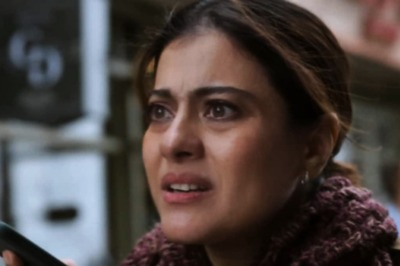
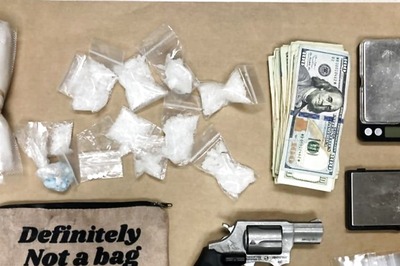

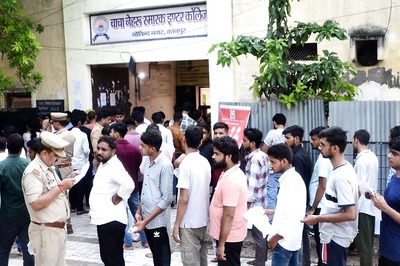
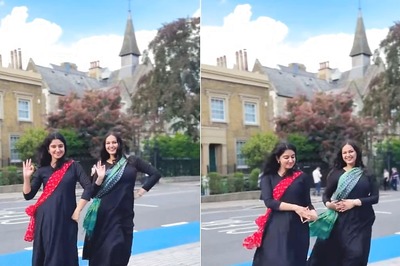
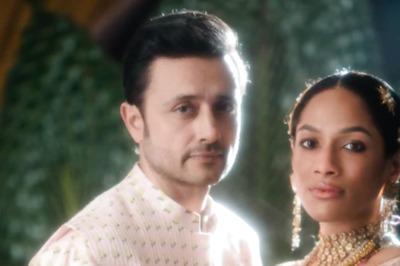
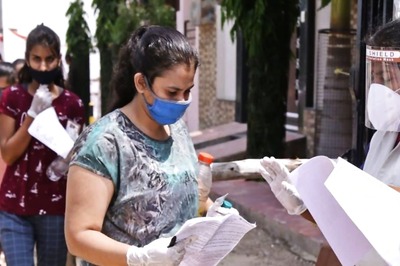
Comments
0 comment